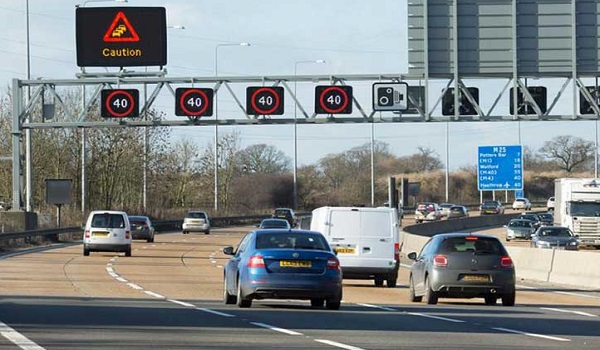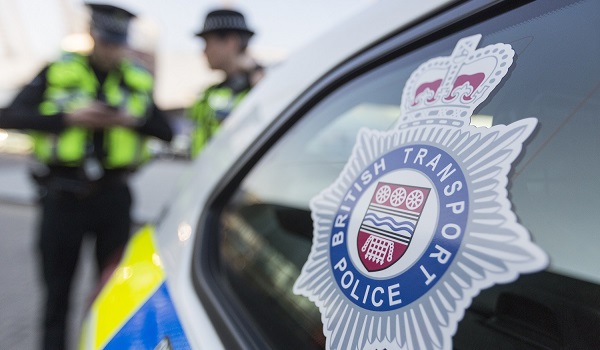MPs call for halt to roll-out of all-lane smart motorways
MPs have called on the Government to pause the roll-out of all-lane running smart motorways until their safety can be ensured.
In a report, the House of Commons’ Transport Select Committee said there was insufficient, independently evaluated safety and economic data to justify continuing with plans. It added that a March 2020 announcement that all smart motorways would be all-lane-running motorways was premature.
Smart motorways, which use technology to maintain the flow of traffic and give information on overhead displays, have existed in England since 2002. The all-lane-running version, which involves opening the hard shoulder permanently to drivers, began in 2014.
There are around 375 miles of these motorways in England, including 235 miles without a hard shoulder and an additional 300 miles are scheduled to be opened by 2025.
According to government figures, 38 people were killed on smart motorways between 2014 and 2019.
Chair of the Transport Committee, Huw Merriman MP, said: “The Minister for Roads described England’s all-lane-running smart motorways as ‘the most scrutinised 141 miles of road in the world’. It is right we do so because lives have been lost and many motorists feel unsafe using them. More action is needed to demonstrate their worth.
“Looking at the available evidence, smart motorways do appear to be safer than conventional motorways even once the hard-shoulder is removed. However, this evidence is also open to question.
“Only 29 miles of these all-lane running smart motorways have operated for more than five years. It therefore feels too soon, and uncertain, to use this as an evidence base to remove the hard shoulder from swathes of our motorway network.
“The same evidence shows that other forms of smart motorways, where the hard shoulder is converted to a live lane at peak times of congestion, have lower casualty rates than removing the hard shoulder altogether. Despite this, the Government intends to replace these with all-lane running schemes.
“Some 40 per cent of breakdowns on all-lane-running motorways take place in live lanes. This is too high. With stopped vehicle technology in place, it takes National Highways an average of one minute to close the lane.”
He. added: “In 2016, our committee was told that this safety technology would be introduced for all new smart motorways ‘going forward’ and retrofitted for existing stretches. The former chief executive of National Highways told us in 2019 that a number of lives would have been saved had the technology been in place sooner. To be told that this technology is being delivered 12 months early, by 2022, is an extraordinary claim given it is now five years late.
“Only when these safety measures have been brought in, when enough time has been afforded to assess the safety of smart motorways over a longer period and when the Office of Rail and Road, as the independent road safety regulator, have been given powers to evaluate it, should we move to roll-out more miles of smart motorway.”
John Apter, national chair of the Police Federation of England and Wales welcomed the report: “Since their increased roll out, I have continuously raised concerns over the lack of safety and confidence in smart motorways, as well as concerns around the vital technology on which the scheme depends not always working.
“Motorways are unforgiving places at the best of times, but smart motorways are inherently dangerous and put more lives at risk than is ever acceptable. The Government must act on these recommendations, to ensure that all of the motorway network is as safe as possible for the travelling public and also for all of my colleagues who police the network on a daily basis.”







